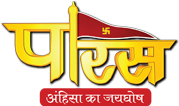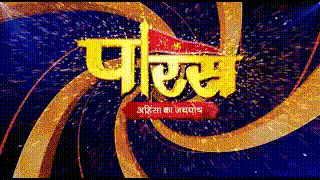




Religious festivals are crucial in the Jain community, aiming for communal celebration, providing an opportunity to display devotion and attain merit. Though, no one is forced to participate in such festivals. Jainism promotes the principle of self-help, believing that no spiritual beings or gods will help human beings. The guiding of Jainism includes three key aspects: right knowledge, right belief, and right conduct. And the ultimate principle of Jainism is non-violence. Jains make sure that they do not harm any living being, not even the insects and they believe in religious equality.
Mahamastakabhisheka festival
The Jain festival Mahamastakabhisheka is celebrated every 12 years, honoring the son of Rishabhanatha (the 1st Tirthankara) ‘Lord Bahubali’. This 30-day festival takes place in Karnataka, South India.
Mahavir jayanti
The birthday of Mahavira is on the 13th day of Caitra in the Indian calendar, falling in early April. In India, this festival is celebrated with enthusiasm and much pomp, and you can see parades in the street with the images of Mahavira. Paryushana
It is the oldest Jain festival, celebrated by Svetambaras for eight days and by Digambaras for ten days. During Paryushana, participants fast and take vows, imposing hardships and restrictions on themselves for keeping their minds fixed on religion.
Diwali
principle of JainismDuring mid-October, the festival of lights or Diwali is celebrated, and Mahavira acquired moksha or nirvana at this time. No fasting is involved in this festival. Jains even make offerings to the goddess of wealth Laksmi to promote prosperity.